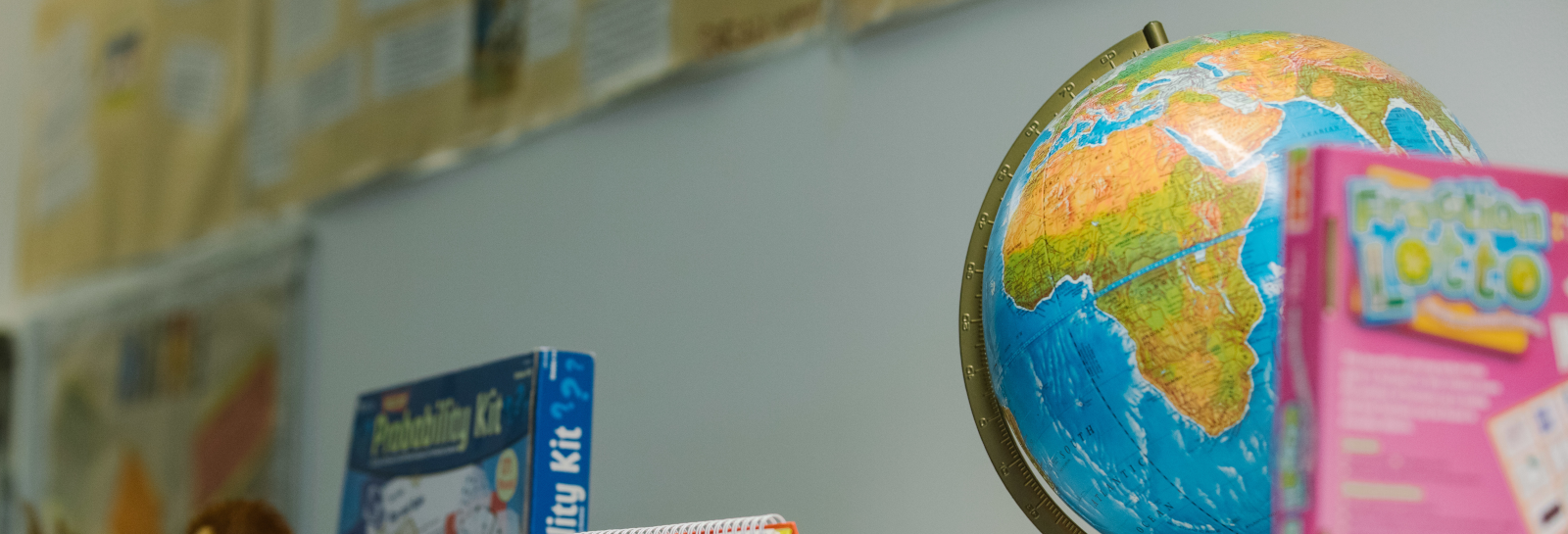Becky Shepherd, Lecturer in Criminology
Staff and students in higher education will be fully alive to the global uprisings after the murder of George Floyd in May 2020. This has sharpened the urgency and profile of anti-racist campaigns, including within universities. The movement to decolonise the curriculum is a good example of this. In the immediate aftermath of George Floyd’s murder, when the global conversation on racism was ubiquitous, universities rushed to affirm their belief that Black lives mattered, with statements, slogans and hashtags.
Many declared their intention to pay greater attention to decolonising, against a backdrop of existing UK campaigns such as ‘Rhodes Must Fall’ at Oxford University, inspired by the earlier student campaign at Cape Town University, and initiatives such as ‘Why Isn’t My Professor Black?’ at University College London.
The debate about what decolonising involves, and the extent to which it differs from anti-oppressive practice – initially a social work model (Dominelli , 1998) - is a nuanced one. For many a deconstruction of the entire operating model of the neoliberal university is required, for others, a pragmatic approach is preferred, scrutinising the harm Western universities do in the global South (such as exploitative banking practices or investment in fossil fuels).
Meaningful change is undoubtedly needed. Universities still have significant gender and ethnic pay gaps and an awarding gap; to the detriment of BAME students and staff. This is particularly true for BAME women who are stuck in the ‘double bind’ of overlapping disadvantages (Patton, 2004). There is also a further debate to be had about the extent to which oft-stated commitments to diversity and inclusion are performative: established power has a way of hanging on. This issue will require hard scrutiny of the ‘performance implementation gap’ (Uwagba, 2020) between what universities say they are doing to decolonise and what actually improves.
But, if we start from a position of a presumption of good faith, what does this mean for front-line teaching staff, who may not be in a position to change policy, investments, or perennially unjust recruitment and promotion practices? This post considers some ways those of us without expert knowledge, but who are keen, can contribute to developing anti-racist pedagogical practices. It also considers some of the challenges, not least information overload. For example, a Google Scholar search on ‘decolonising the curriculum’ returns over 19,000 results. The overwhelming nature of the digital age can lead to feelings of paralysis, inertia, and inadequacy considering the enormity of the challenge. This is one of many reasons why the new LSBU Decolonising the Curriculum website, developed by Shaminder Takhar, Rashid Aziz and Esmorie Miller, is such a welcome development. It will give staff and our diverse group of students a much-needed place to start without being overwhelmed.
However, developing a fully anti-racist academy requires a willingness to be wrong, to make mistakes, and – uncomfortably – perhaps be seen to do so. This is hard to do within an academic climate, in which the pressure on academics to promote their successes is normalised. To establish anti-racist pedagogy instead of the ‘banking’ model where the lecturer ‘deposits’ knowledge into passive students (Freire, 1970), we need a creative space and a properly collegiate environment which acknowledges lack of knowledge, creativity, critical skills and learning from students (hooks, 1994).
A structure to facilitate sharing our knowledge is needed, with perhaps a view to developing a ‘decolonial teaching toolkit’ that we can develop collectively. One example from criminology is the practice of ‘reading back’ into our subject. Criminology is steeped in coloniality and thus riddled with racism and sexism. This does not require throwing out canonical authors but bringing in critiques by a wider range of writers and looking in more detail at how our subject links to, and was influenced by, the global colonial period.
The history of Western criminal justice is a history of racism, much of it extremely brutal. Through listening to Black, Asian and Minority Ethnic (BAME) students, it is clear this is not easy content to study and is an example of (usually unrecognised) racialised emotional labour faced on a daily basis. To ameliorate this burden in Criminology we are now building in greater emphasis on successful resistance campaigns and have anti-racist practice/decolonising as a standing item in our team meetings. It could be helpful to have a structure within which to think about these issues within a wider staff group, perhaps along the lines of the existing ‘teach and learn’ working lunches - but we would need to avoid the pitfall of a top-down ‘banking’ approach of our own.
For decolonising to be meaningful, we must probably accept that the task will never be over, and as such will always be a work in progress. We have much to learn from each other.
References
Dominelli, L. (1998) ‘Anti-oppressive practice in context’ in Adams, R; Dominelli, l; Payne, M; Campling, J. (eds) Social Work, Basingstoke: Macmillan Press Ltd.
Freire, P. (1973) Pedagogy of the Oppressed, New York: Continuum.
hooks, b. (1994) Teaching to Transgress: Education as the Practice of Freedom, New York: Routledge.
Patton, T.O. (2004) ’Reflections of a Black woman professor: Racism and sexism in academia’, Howard Journal of Communications, 15(3):185-200.
Uwagba, O. (2020) Whites: on Race and Other Falsehoods, London: Harper Collins.
